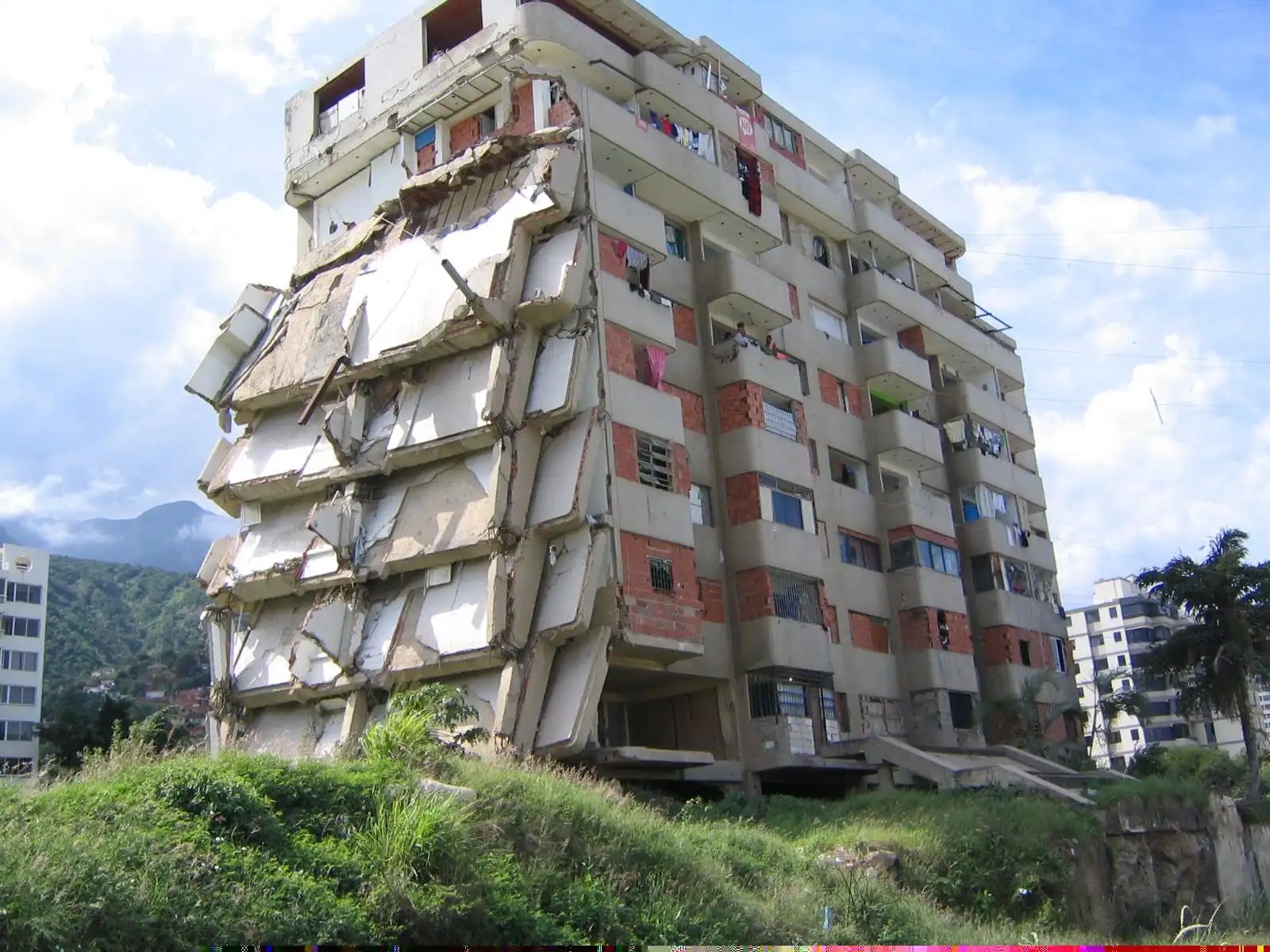
Home>Research>Research Groups and Seminars>Disasters and Risks
Disasters and Risks
About

This seminar, hosted at CERI by Sandrine Revet, Valérie November, and Cassandre Rey-Thibault (CEE), contributes to the research theme “Violence and the Management of Danger.” Since 2009, the Disasters and Risks seminar has fostered dialogue across disciplines on issues raised by disasters and risk situations. Its aim is to establish the foundations for such dialogue by moving beyond the specificities of disasters (so-called “natural” or “technological” disasters, health crises, nuclear accidents, etc.) and by proposing comparative reflections. The seminar places empirical research on disasters and their management (planning/anticipation, risk reduction, crisis management, post-disaster recovery) at the heart of discussion.
In 2026, the seminar will focus on examining the categories of disasters, risks, and crises through the lens of temporality. Drawing on a variety of empirical case studies, we aim to explore the processes of expansion, dilution, or transformation of disaster temporalities. For several years now, the analysis of risks and disasters has moved beyond “event-based” or “cyclical” approaches, revealing more diverse and complex temporal configurations. Thus, notions such as “slow onset disasters” or “creeping disasters” describe phenomena that worsen over time; numerous cases of recurrent and normalized disasters have been documented; the phases of emergence, anticipation, and preparedness have proven crucial to understanding disasters; while other research highlights the dilution of post-crisis temporalities within the long processes of recovery, where the disaster itself may be prolonged.
The seminar will also provide an opportunity to raise methodological questions by multiplying disciplinary perspectives: history, sociology, anthropology, geography, political sciences, and beyond
Network
Disasters and Risks mailing list moderated by Sandrine Revet.
Subscribe to the Disasters and Risks mailing list See legal notices
Program
2026
Wednesday 24 February 2026, 16h-18h
CERI, 28 rue des Saints-Pères, Paris7e, salle Pierre Hassner
Sébastien Nobert, Associate Professor in the Politics of Climate Change and Climate Practices, Leeds, UK.
Distorsions et collisions : analyser les processus temporels dans la gestion des risques
Wednesday 11 March 2026, 16h-18h
CERI, 28 rue des Saints-Pères, Paris7e, salle Pierre Hassner
Piero Tellerias, Docteur associé, Centre Européen de Sociologie et de Science politique, Paris 1
Importer l'introuvable : fictions, réinventions et temporalités du programme Community Emergency Response Team aux États-Unis et au Chili (1985-2020)
Wednesday 25 March 2026, 16h-18h
CERI, 28 rue des Saints-Pères, Paris7e, salle Pierre Hassner
Elisabetta Dall’Ò, Postdoctoral Research Fellow, Social and Cultural Anthropology, University of Parma, DUSIC
Changements climatiques comme catastrophes de longue durée: le cas du Mont Blanc
Présentation basée sur son ouvrage : Il cambiamento in-visibile. Antropologia dei cambiamenti climatici nel cuore delle Alpi (Rosenberg & Sellier)
Wednesday 6 May 2026 2026, 16h-18h
CERI, 28 rue des Saints-Pères, Paris7e, salle Pierre Hassner
Arthur Guerin-Turcq, Ater en géographie à Sorbonne université
Habiter les cendres. Approche géographique du post-incendie dans la forêt des Landes de Gascogne
Wednesday 20 May 2026, 16h-18h
CERI, 28 rue des Saints-Pères, Paris7e, salle Pierre Hassner
Elizabeth McAfee, Postdoctoral researcher at Rijksuniversiteit Groningen
Wednesday 10 June 2026, 16h-18h
CERI, 28 rue des Saints-Pères, Paris7e, salle Pierre Hassner
Jeanne Bouillet, masterante en anthropologie, EHESS
Se soucier des objets victimes de catastrophe : ethnographie d’une recyclerie dans la préfecture de Fukushima
Works
The following themes have been considered: Disasters, risks and social sciences (2009-2011, with Julien Langumier); Simulations (2011-2012, with Marc Elie et Frédéric Keck).
In 2012-2013, three workshops have been organized : Haïti : after the disaster ; Sciences and disasters ; Disasters and religion.
Between 2012 and 2014, the group worked with Sophie Houdart and Vanessa Manceron from LESC (Laboratoire d’ethnologie et de sociologie comparée, University of Nanterre) to host the seminar on The Measure of Danger.
In 2015, together with Alain Musset (Centre de recherches historiques, EHESS) and Virginia Garcia Acosta from CIESAS in Mexico considered the issue of “Crossing dialogues and discourses: disasters and interdisciplinarity.”
In 2016-2017, with Vanessa Manceron, the seminar worked on the issue of “What Law had made to nature. Disasters, risks, environment and justice.”
The research group is currently part of the ANR RAVEX project.
Scientific Coordination

- Sandrine Revet, Directrice de recherche, Sciences Po
- Valérie November
- Cassandre Rey Thibault
Follow us
Contact us
Media Contact
Coralie Meyer
Phone : +33 (0)1 58 71 70 85
coralie.meyer@sciencespo.fr
Corinne Deloy
Phone : +33 (0)1 58 71 70 68
corinne.deloy@sciencespo.fr
